The Hour Before Morning
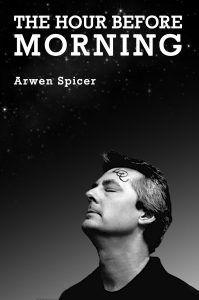
Three people lie in a prison cell. One is a murderer. Can his companions help him unlock the door to his own mind before his unreasoning rages claim their lives. The Hour before Morning explores a distant future in which the human heart is much the same. The Ash’torians see their conquest of the Outliers as a triumph of civilization. The Outliers see it as servitude. Their resistance takes many forms, from non-violence to terrorism. Yet one thing remains constant: compassion endures.
Perdita

For centuries, the planet Perdita has warred over the proper use of high technology. Now the West-of-Now family has crash landed on the planet, bringing with them the secrets of jae, a tech as perilous as it is powerful. For pro-tech Ethan and anti-tech Sherayna, their actions will decide whether Perdita will enter into a new golden age or face destruction.
“Perdita is… a future of the heart and mind that we can actually hope for.” — Nye Joell Hardy, author of The Crows of Bedu.
Dispatches From Anarres
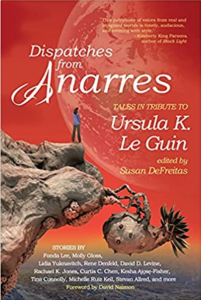
Orpheus Changed: A Play in One Act
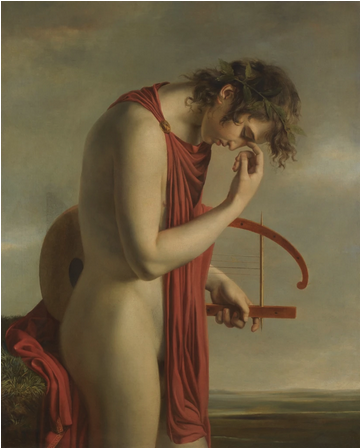
A middle-aged Orpheus is visited by a mysterious old woman.
Publication: Eternal Haunted Summer
The Kafka Protocol
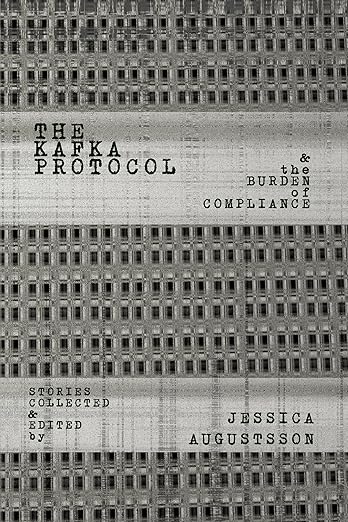
Women of the Woods
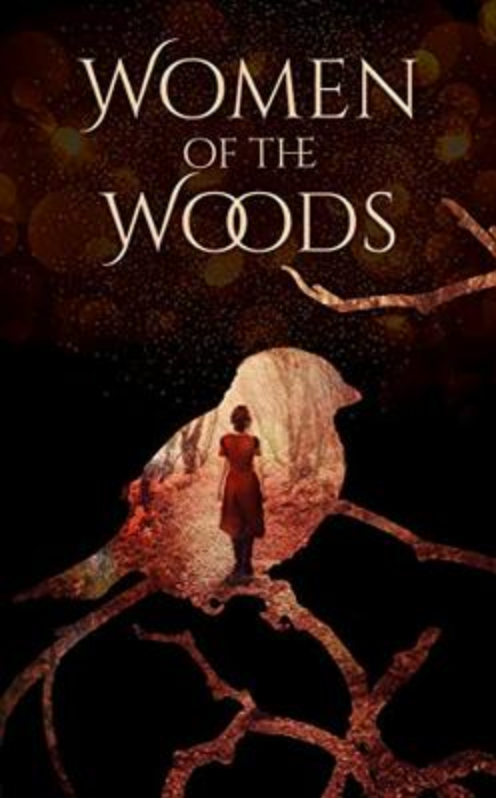
Reclaiming Joy
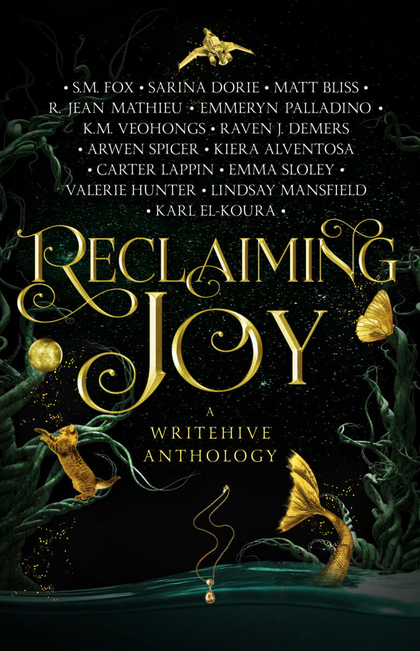
Timeless 2
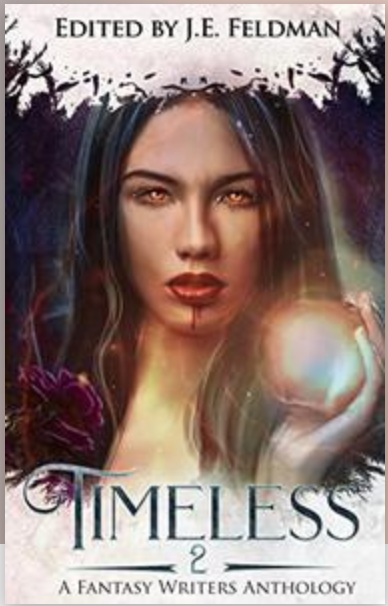
Mytholog
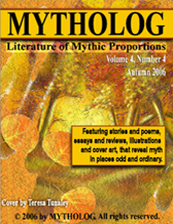
This Present Former Glory
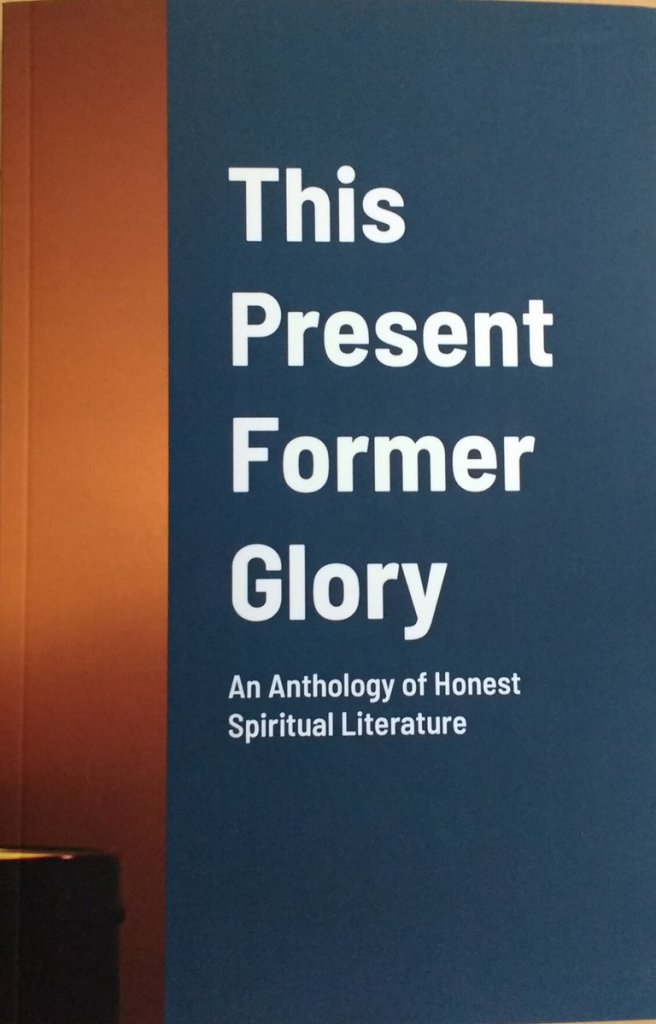
Spoon Knife 4

Surreal Entanglements: Essays on Jeff Vandermeer’s Fiction
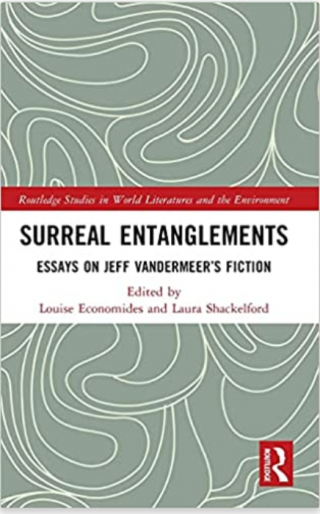
The Legacies of Ursula K. Le Guin: Science, Fiction, and Ethics
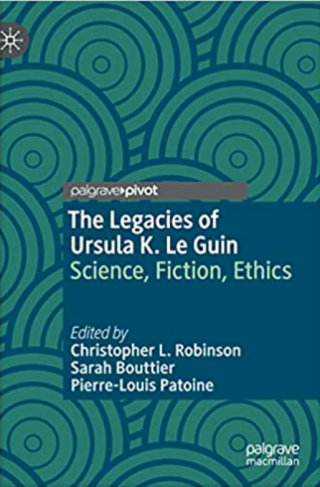
An Archive of Our Own

I am a proud writer of fan fiction! The heart of narrative has always been collaborative and always will be. My fandoms include X-Men (movies), Blake’s 7, Banana Fish, Les Misérables, Trigun, Mirage of Blaze, Mushishi, Doctor Who, and others.
